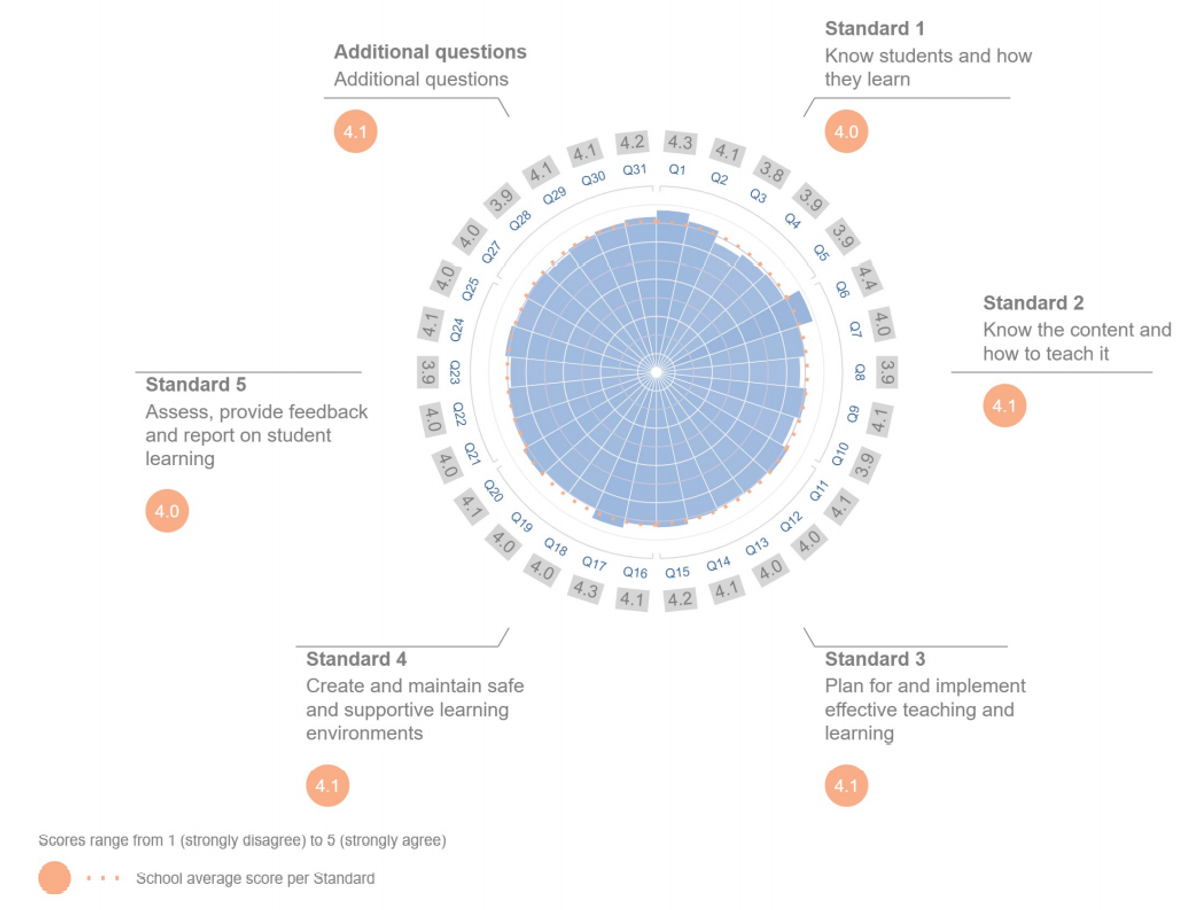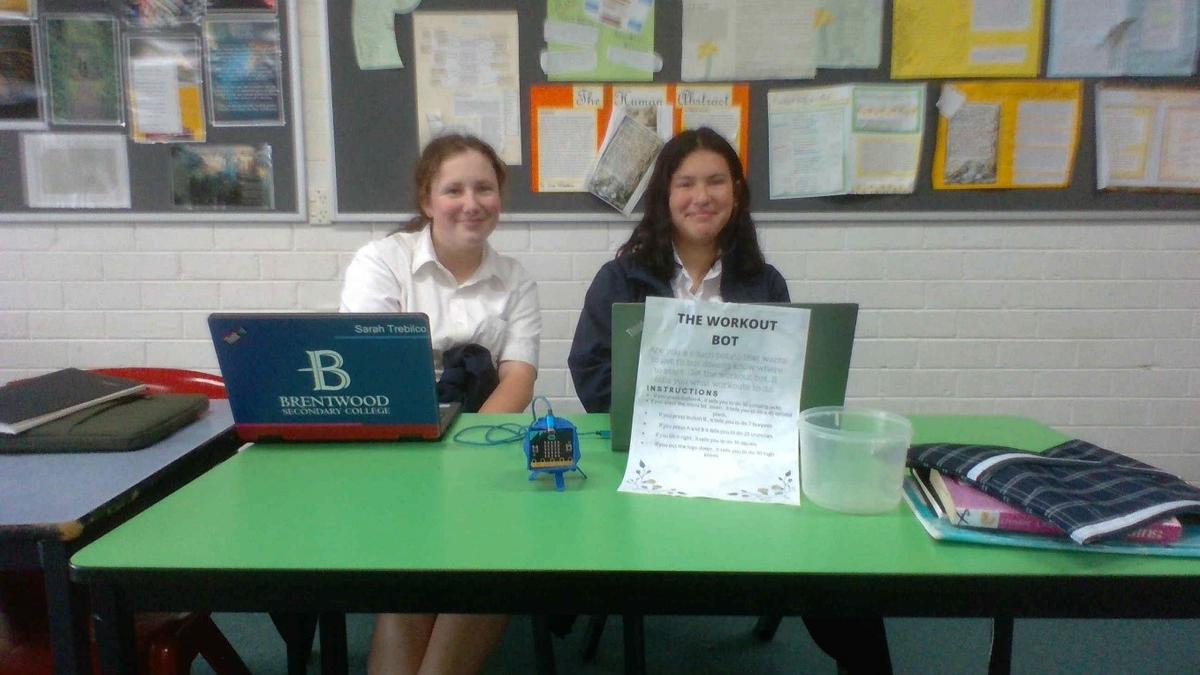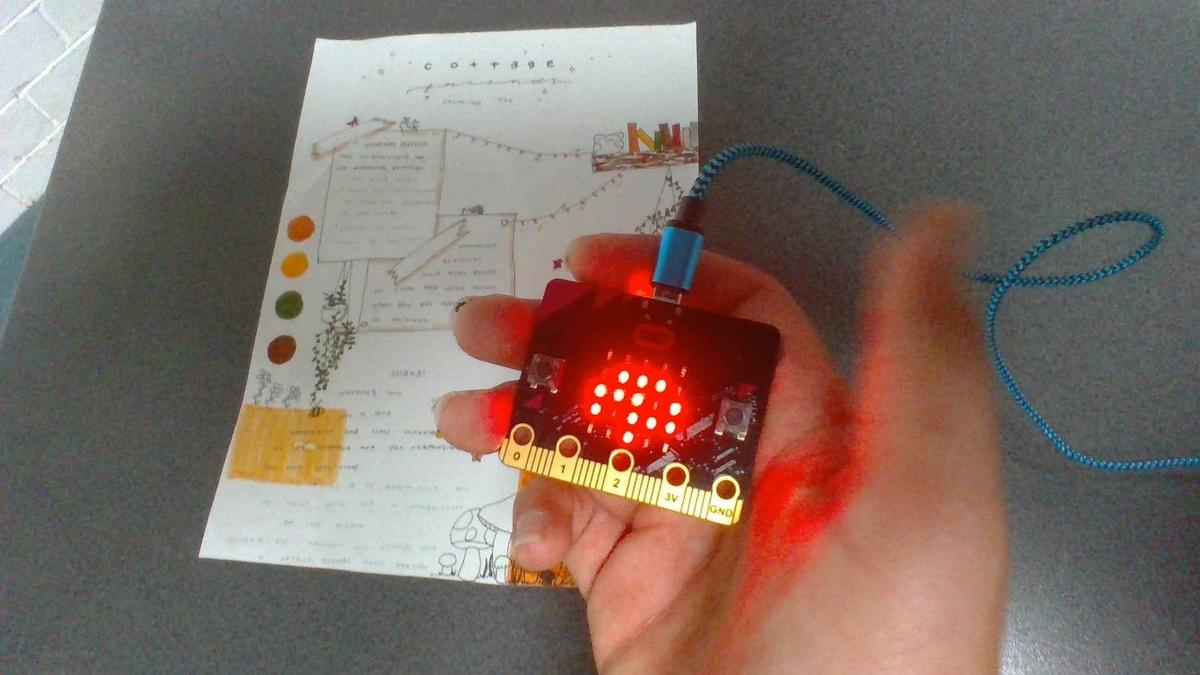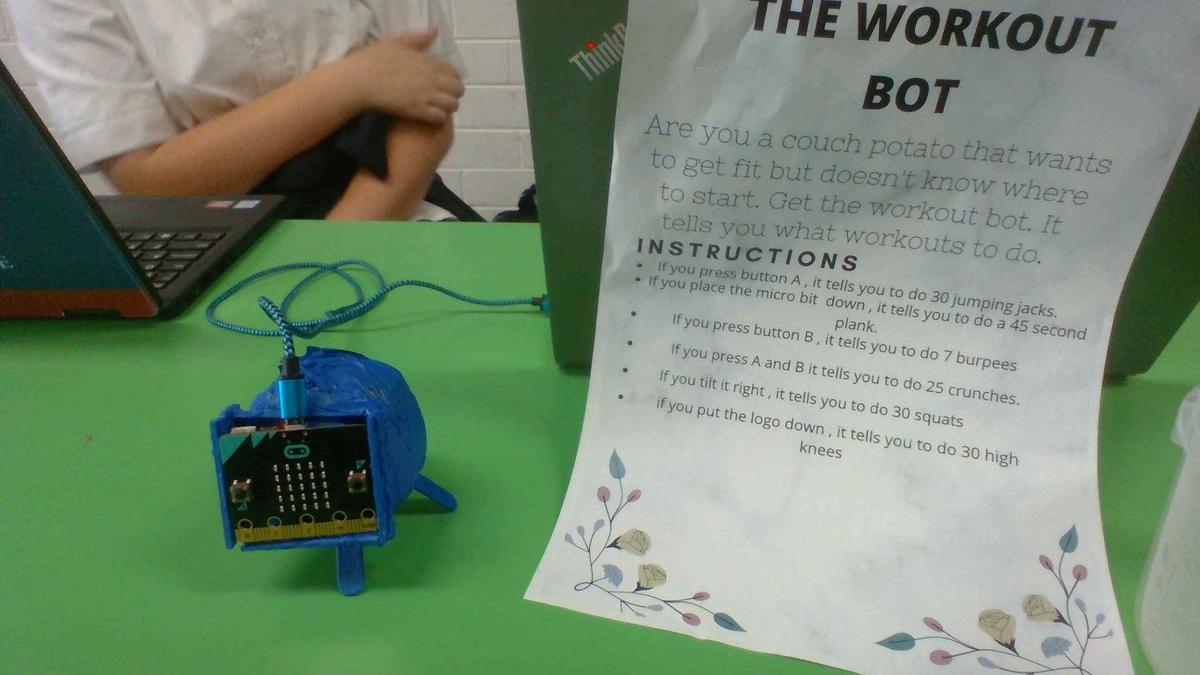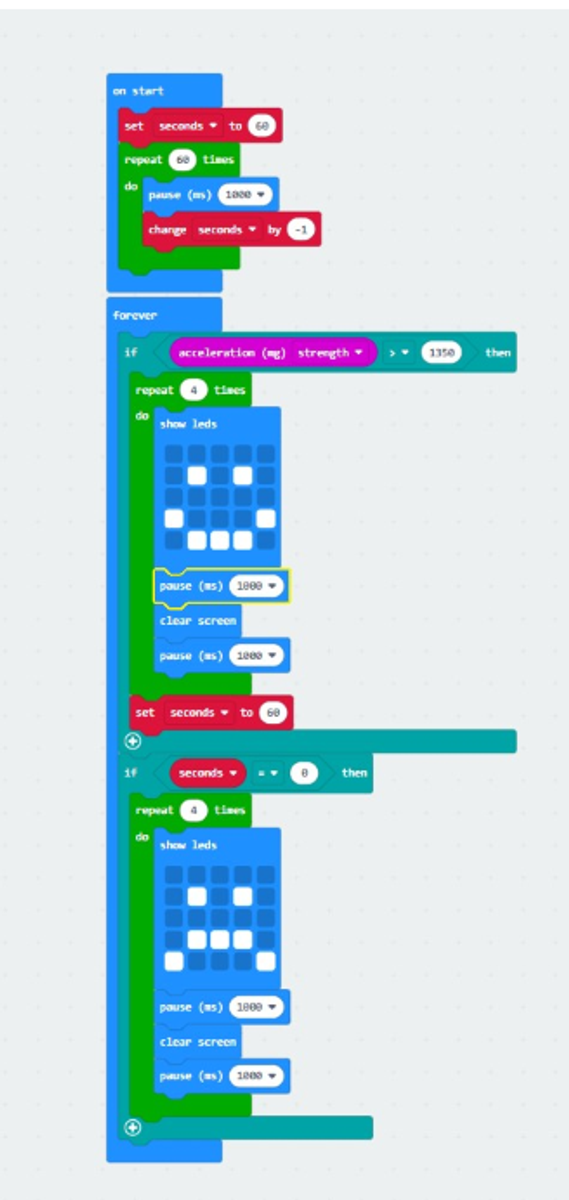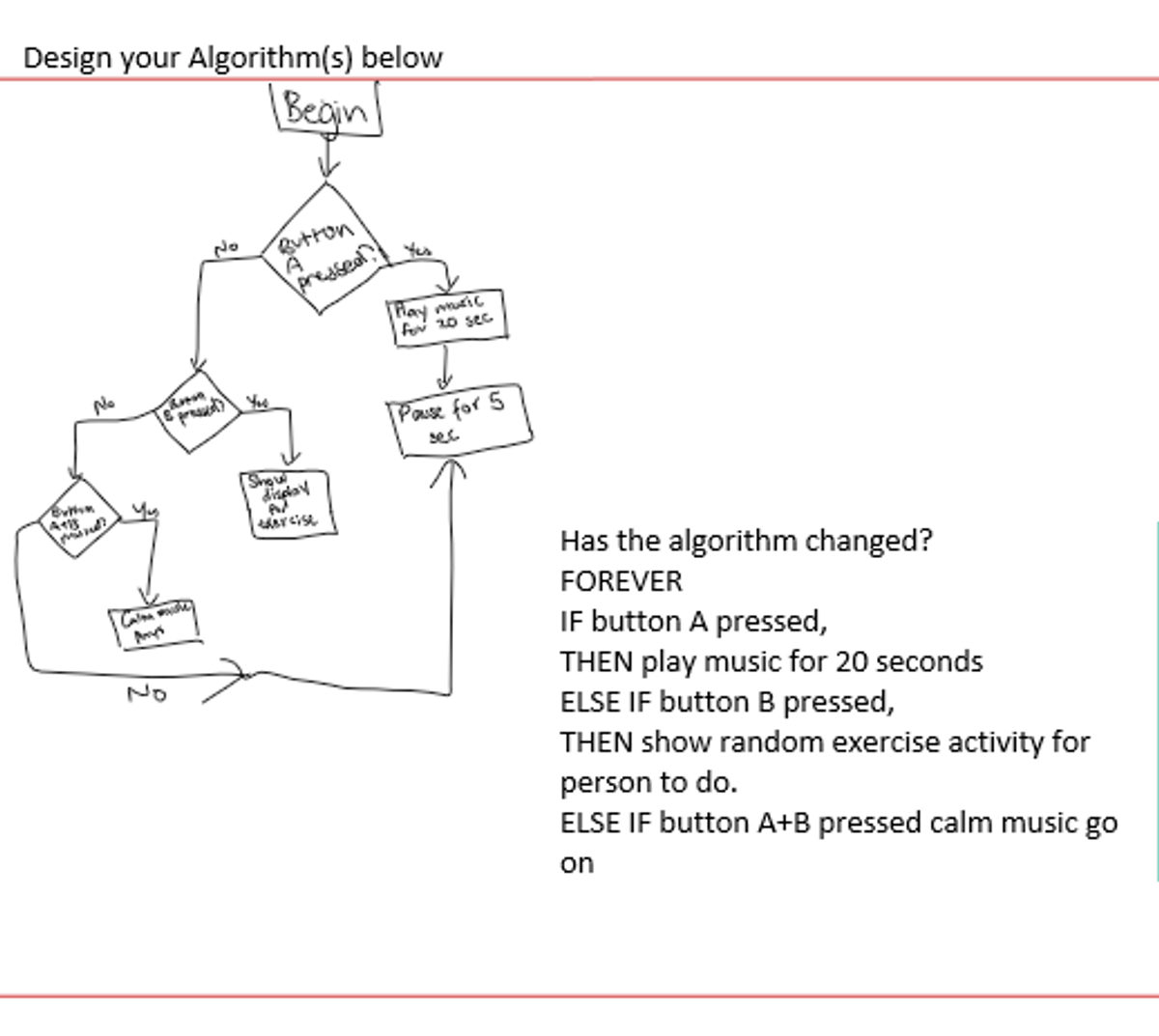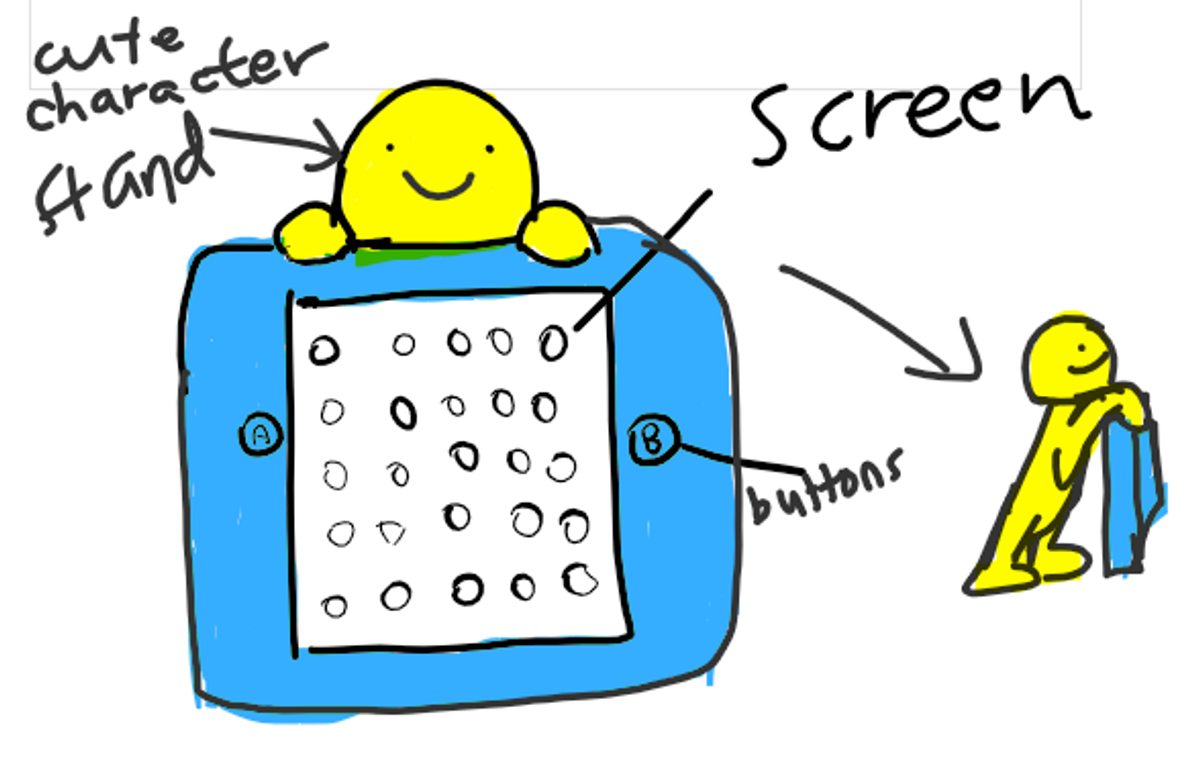Around The College

RSPCA Fundraiser
Student Voice
We value student voice at Brentwood and seek feedback through several forums. A formal process of seeking feedback about students’ experiences in their classrooms is undertaken twice a year through the Pivot survey. Every teacher gives each of their classes the opportunity to provide anonymous feedback about what is working well for them in the classroom and the areas where some improvement would be beneficial.
Last term, our students undertook the Pivot survey for Semester One and we were thrilled to see the areas our students collectively determined were strengths of our college. Our students strongly believe our teachers are knowledgeable about their subject matter, they feel respected by staff, and that behaviour is managed effectively in our classrooms. We are, of course, very pleased to hear that these areas have been rated so highly by our students and the challenge is to now ensure we can continue with the practices that have enabled such positive feedback.
Perhaps even more importantly, the Pivot survey collates our three areas for growth: maintaining students’ attention in class, making what students are learning interesting, and encouraging students to set challenging learning goals. It is now a collective challenge for the college to examine ways in which we can make some growth in those areas for our students.
Each faculty also receives a summary of its areas of strength and areas for growth, and this data will inform the work undertaken in faculties. Most powerfully, each individual staff member receives a summary of these areas, both as an overall and for each individual class. The real benefit comes when teachers take this data back into their classrooms and unpack it further with their students to ensure they’ve understood precisely what was meant, and confirm what is working well and why. These activities also provide an opportunity for teachers to problem solve with their students to help build better practice and better experiences in their individual classrooms.
We are exceptionally grateful to the students who take the Pivot survey seriously and give their valuable insights to our teachers.
The Pivot Heatmap Semester One 2021 represents the collated results across all classes. The segments that reach out the furthest are the areas of strength and the shorter segments indicate the areas for growth. The questions are grouped according to the AITSL teaching standards.
Katherine Mills
Learning Specialist for Student Voice and Agency
Subject Selection
Subject selection for 2022 will be taking place during Term 2. We understand it can be challenging to decide at this point in the year, but due to the size of Brentwood, the time constraints ensure the process is completed on time.
Students will receive detailed information in Aspire sessions and will be emailed a code to use to electronically enter their preferences. This email will be sent in Week 6 and preferences will close the end of Week 8.
How to choose subjects
- Read the Subject Guide thoroughly. This is found on Compass under the Star icon. The updated version will be available at the end of Week 4.
- Watch available subject videos within the Subject Guide.
- Talk to your subject teachers or the Head of Faculty.
- Discuss with your parents.
- Look at your Morrisby results (if applicable)
- For English choices – discuss with your English teacher or Head of English.
- For Maths choices – discuss with your Maths teacher or Head of Maths.
- Make an appointment with Pathways (Ms. Campion, Ms. Jolly or Mrs. Mackay)
- Don’t make choices based on friendship groups.
- Don’t rely on the hearsay of other students as to what a subject is like, ask a teacher.
Solving problems using the Micro:bit
Well done to the Year 7 Digital Technology students for designing and creating a solution that could be used by either teachers or students to help them recover from their time in lock-down or continue to maintain healthy and safe COVID measures.
The Problem
During the COVID restrictions many teachers and students were confined to their homes where physical activity was restricted. Many of our usual venues were closed and we were no longer getting incidental exercise from commuting or running errands.
Whether during COVID or not, regular exercise is good for both our physical and mental health. It has many benefits including:
- reducing the risk of health conditions like stroke and heart disease
- controlling weight
- reducing stress and anxiety
- improving sleep
The Solution
Using their coding and problem-solving skills, students came up with a number of creative ideas on how to create a digital solution using a BBC micro to combat some of these issues.
Sarah Trebilco and Aya Van Schie from 7B2, created the ‘Workout Bot’ which includes a number of instructions to keep you fit. For example:
Press button A = 30 jumping jacks,
Press button B = 7 burpees
Press A + B = 25 crunches
Tilt = 30 squats
Sue Chung and Hayley Tan from 7B2 created the ‘Cottage Friends’ which provides breathing exercises and a calming toy to help with anxiety and depression.
The Micro:bit was designed to encourage children to get actively involved in writing software for computers and building new things, rather than being consumers. All year 7 students at Brentwood have developed their coding skills and used a number of design tools to help them with their programs, i.e. flowcharts and pseudocode.
Student examples taken from:
Jonathan Chow and Gurshanpreet Khehra (7R2)
Anais OOI and Jodie Guo (7E1)
Sue Chung and Hayley Tan (7B2)
Anna Crow
Head of Information Technology


